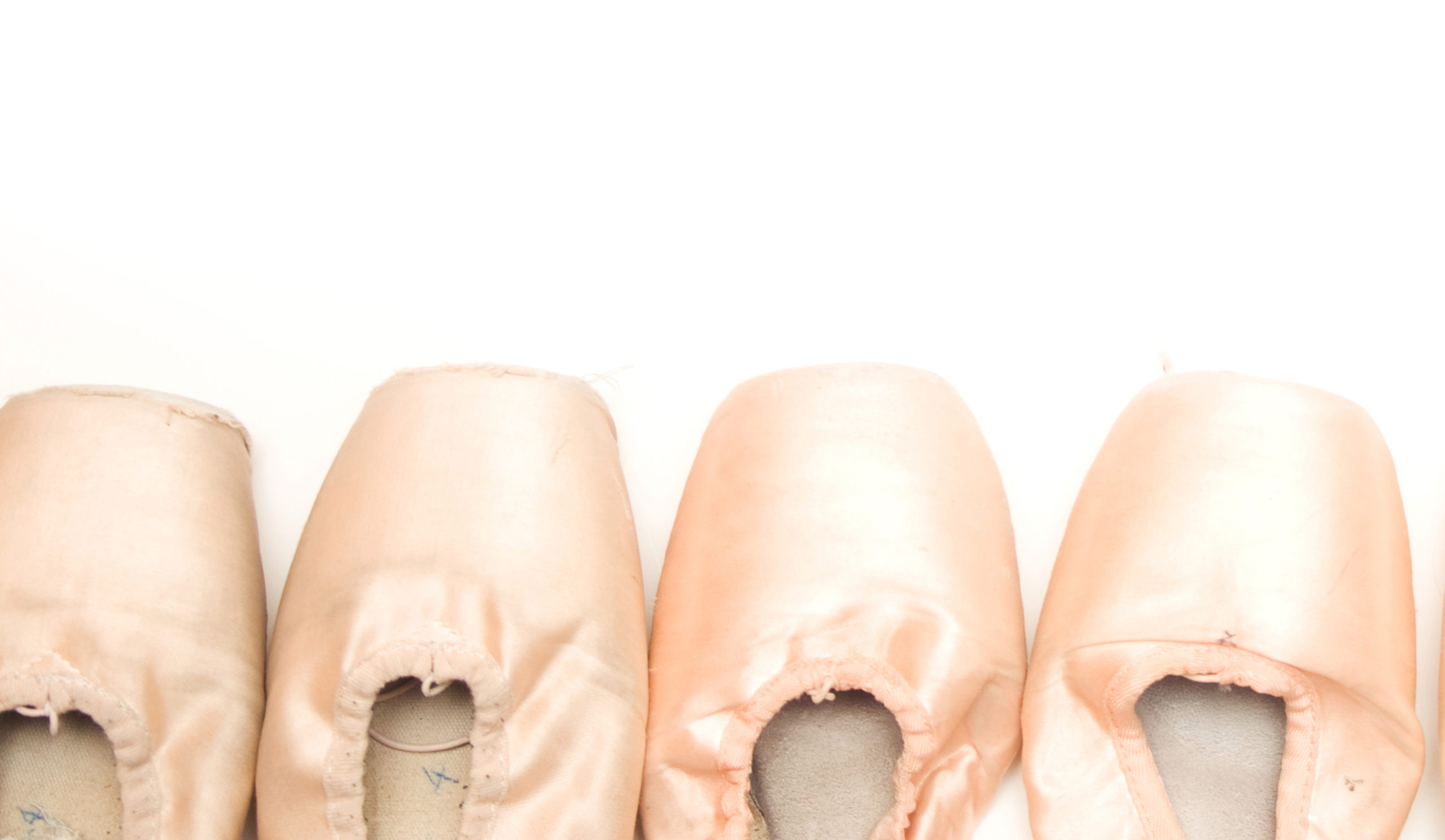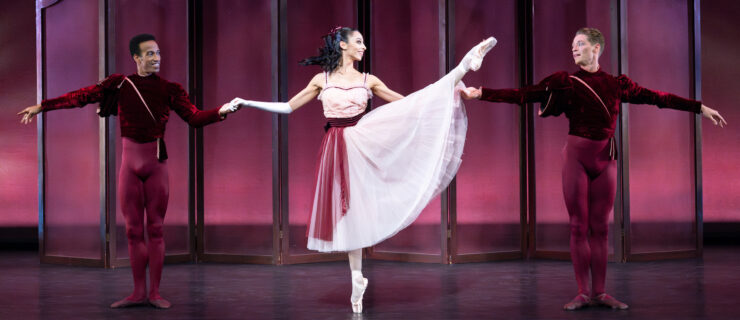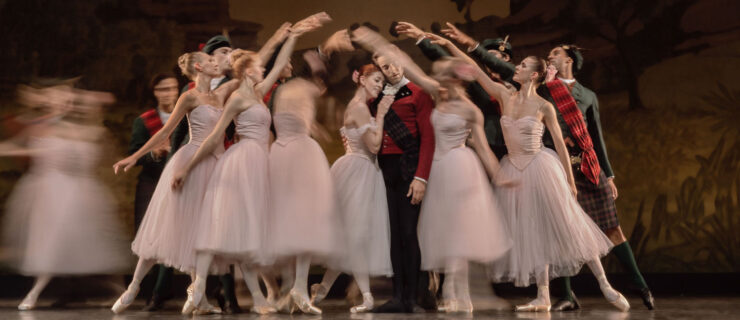Ivy League Dancer: ABT's Melissa Thomas
Somewhere in the history of ballet, a rumor started that dancers weren’t very smart. Luckily, there are plenty of brilliant ballerinas who prove that rumor wrong. Take, for example, Melissa Thomas, a former American Ballet Theatre dancer who just graduated from Columbia University with a degree in psychology. She’s now planning to pursue a master’s degree in social work and eventually practice clinical psychotherapy. But as she tells it, ballet not only gave her the discipline she needed to succeed in her second career, it also became a passion that will never leave her.
What inspired you to go to Columbia?
In 2005, Lewis Ranieri (former ABT chairman) made a particularly important contribution to the company; he helped fund college classes at Long Island University for any dancers who wished to enroll. I signed up. At the time, I didn’t imagine the impact those courses would have on me, but after a while, I began wanting more. Fortunately, Columbia’s School of General Studies accommodates students with nontraditional backgrounds, like me.
How did your ballet career prepare you for the challenges at Columbia?
The discipline required as a ballet dancer helped prepare me for the high volume of work and challenging exams in college. Even as a young dance student, I was learning how to delay gratification, which is so important in college—stay in and study tonight, so that I might do better on the test tomorrow, for example. Dancers know delayed gratification as well as anybody, I imagine. Even after the show is over, dancers continue working, preparing for their next day of rehearsals—icing, stretching, rejuvenating themselves.
Were you involved with the Columbia Ballet Collaborative?
In the spring of 2011, I choreographed a brief dance for them. I found I can’t really choreograph, and it is a lot harder than I, rather ignorantly, had assumed! That said, I thoroughly enjoyed working with the dancers, two of whom are former professional dancers (one from Pennsylvania Ballet and the other from Orlando Ballet). Another exquisite dancer that performed in the piece was trained at the JKO school of ABT, and another had chosen to pursue a degree in medicine in lieu of a professional career in ballet. My fiancé Grant DeLong, a corps member at ABT, performed in the piece, too. The Columbia Ballet Collaborative combines ex-professionals with gifted dancers who wish to take alternative career paths to ballet, and the occasional guest artist from ABT or New York City Ballet. The company has grown to be an important part of the cultural life at the school, and I imagine it will continue to provide an artistic outlet for its students and training ground for those who wish to dance professionally post-graduation.
In what other ways is ballet still part of your life?
I find it hard to see in what ways dance is not still a part of my life. I read about it, write about it, think about it, dream about it, and, of course, watch it, whether live or on video. Being engaged to a dancer also means hearing about it! Perhaps the only way in which it is no longer a part of my life is that I am not paid to do it.





